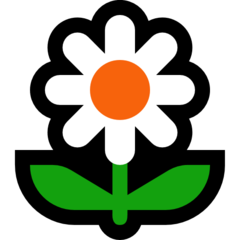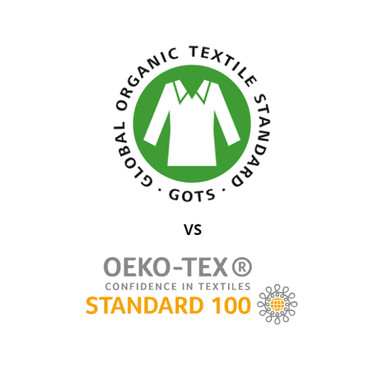Posted by Wicked Fabrics - Vivi Richards on 1st Jul 2021
GOTS vs OEKO-TEX? What Is The Difference?
Read Time: 3m 30s
You've probably heard the words "GOTS" and "OEKO-TEX" thrown around in the fabric world, but what do these standards mean and are they important? Some of my customers have taken the initiative to find out what it's about, but many are unaware of why it's important for fabrics to hold certifications such as GOTS and OEKO-TEX. If you sew for yourself, family, or friends and are passionate about learning more about the textiles you're using, then read on.
The simplest way to explain it is that they are standards that are managed by individual organisations and is recognised worldwide in the textile industry.
GOTS - Global Organic Textile Standard
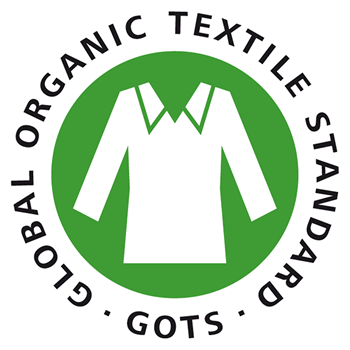
The Global Organic Textile Standard (GOTS) is the world's leading textile processing standard when it comes to organic fibres. It defines high-level environmental criteria along the entire organic textile supply chain and requires compliance with social criteria.
In order to be certified, textiles must contain a minimum of 70% certified organic natural fibres. All chemical inputs such as dyes and auxiliaries used must meet a set of environmental and toxicological criteria along with waste water management treatment plan for any wet processing involved. The choice of accessories is limited in accordance with ecological aspects.
A textile product that is carrying the GOTS label "organic" must contain a minimum of 95% certified organic fibre where a product carrying the GOTS label "made with organic" must contain a minimum of 70% certified organic fibre.
GOTS certification covers the whole textile process include fair labour practices (no child labour!) and the assurance that there is no known toxic substances used as part of the manufacturing process and therefore safe for humans.
Benefits of GOTS Certification
- Products carrying GOTS logos contain the credible assurance of organic origin of the product, as well as environmentally and socially responsible processing.
- The entire organic supply chain is covered, from harvesting to manufacturing and trading, delivering credible assurance to end consumers.
- Verification through independent third-party certification.
- Risk management tool for buyers.
- Protection of health, safety and rights of employees. Social Criteria and Ethical Business Behaviour are essential prerequisites and assure responsible business practices, irrespective of organic orders at hand.
- Cost-effectiveness through sustainability – Certified Entities have access to the GOTS Monitor (Water/Energy) to collect data on water and energy consumption (per kg of textile output). Environmental management and wastewater treatment are highly important when it comes to sustainability.
- Only low impact GOTS Approved Chemical Inputs free from hazardous substances are allowed to be used for the processing of GOTS Goods, following the Manufacturing Restricted Substance List (MRSL).
- Accessories are scanned for residues of hazardous substances, following the Restricted Substances List (RSL).
- GOTS Goods meet technical quality parameters like colourfastness, shrinkage, etc.
- A variety of products can be certified to GOTS, such as garments, home textiles, mattresses, combined products (like furniture, baby bassinets, etc.), personal hygiene products (like diapers, female hygiene, earbuds) and food contact textiles.
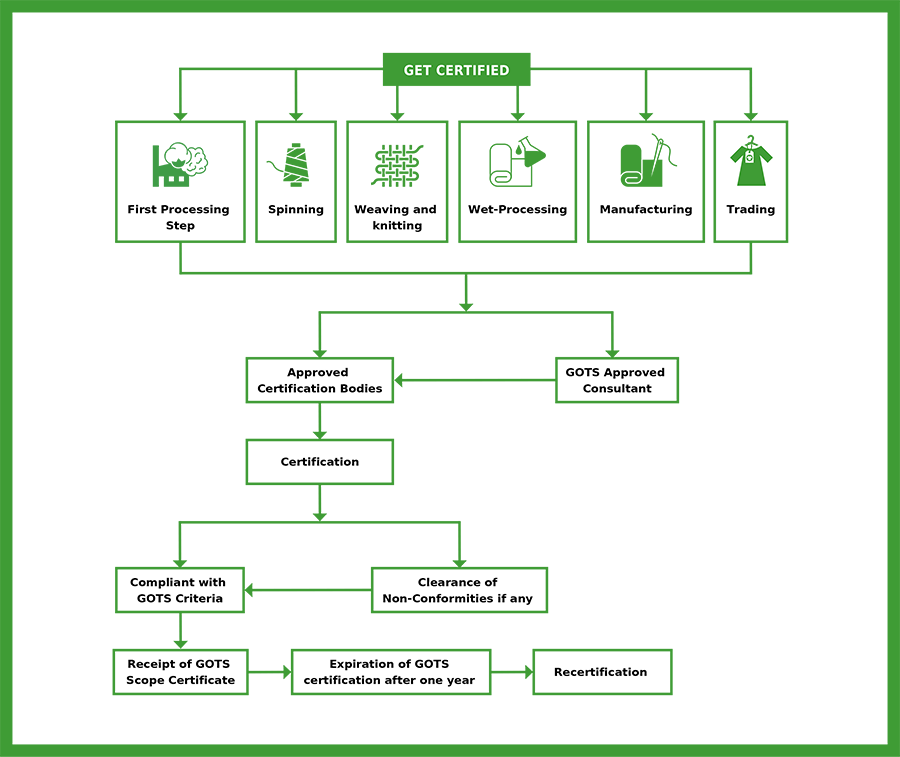
OEKO-TEX - Standard 100 by OEKO-TEX
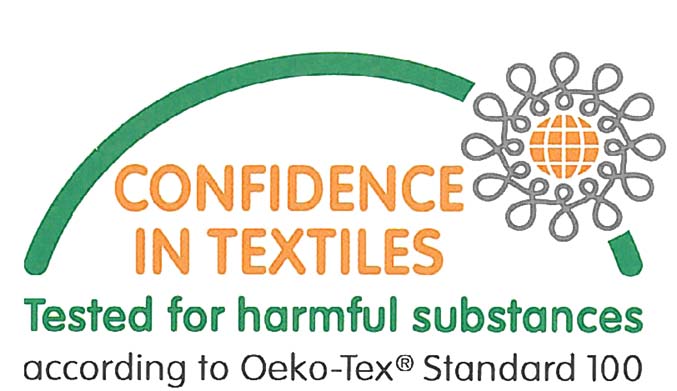
The STANDARD 100 by OEKO-TEX® is a worldwide consistent, independent testing and certification system for raw, semi-finished, and finished textile products at all processing levels, as well as accessory materials used.
To obtain a OEKO-TEX Standard 100 certification, the textile needs to be free from more than 100 substances known to be harmful to human health. The standard takes into account the following:
- Legal regulations, such as banned AZO colourants, formaldehyde, pentachlorophenol, cadmium, nickel etc
- Other harmful chemicals that are not yet legally regulated
- Requirements of Annexes XVII and XIV of the European Chemicals Regulation REACh as well as the ECHA SVHC Candidate List
- Requirements from the US Consumer Product Safety Improvement Act (CPSIA) regarding lead.
- Numerous environmentally relevant substance classes
Author's Note
Prior to having children, I had little knowledge of textiles and was unaware of the environmental and potential health consequences. If I saw a pretty garment, I bought it without a second thought. After giving birth to my daughter in 2010 everything changed. I became a stay at home mum with too much time on my hands and the internet became my best friend.
Slowly I introduced cloth nappies into our daily routine (suddenly, I became passionate about my environmental footprint) and went on to integrate other environmentally friendly household items into our lives. It was during my cloth nappy making days that I really dived into the world of textiles. I learned about different fibre contents, the manufacturing process and it wasn't until I started making clothes for my firstborn that I started learning more about safety and sustainability.
Because of my passion for learning and textiles, I run a small fabric business that sells ethically made knit and woven fabrics. Based on what I've learned I only source fabrics from reputable suppliers who are also passionate about protecting our environment and ensuring fabric is manufactured to the highest quality.
Where To Buy?
Come and have a browse: Wicked Fabrics

